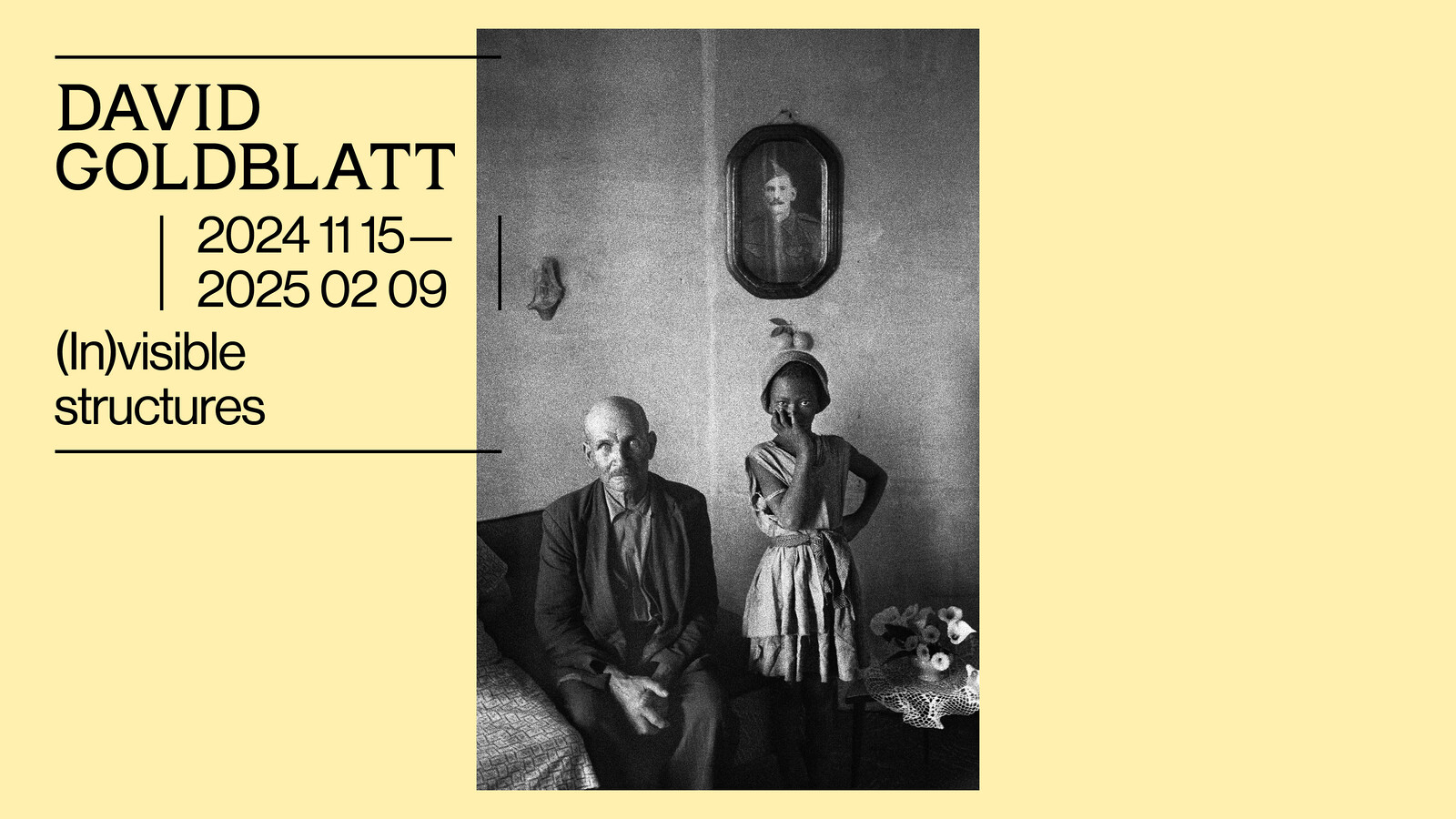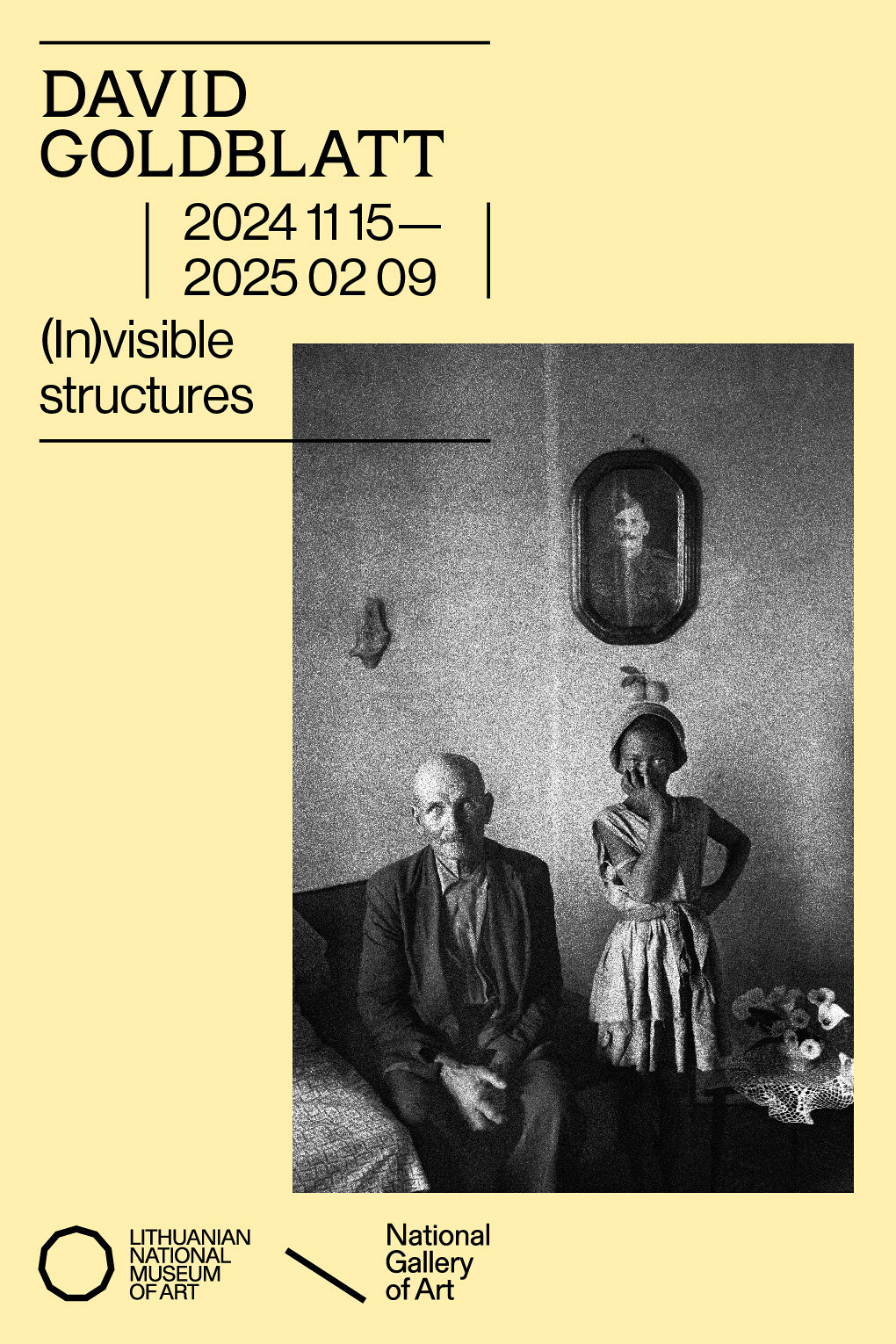Kafou: Haiti, Art and Vodou
20 October 2012–6 January 2013
Nottingham Contemporary
Weekday Cross
Nottingham NG1 2GB
www.nottinghamcontemporary.org
Nottingham Contemporary is delighted to present a major exhibition of Haitian art inspired by Vodou. Bringing together some 180 works by 35 artists from the 1940s to today, Kafou will be one of the largest exhibitions of Haiti’s celebrated art ever held. With few exceptions, the artists in the exhibition came from impoverished urban and rural backgrounds, and had minimal contact with the mainstream modern and contemporary art worlds. The extraordinary beauty and imaginative power of their work reflects the richness of Haitian culture and history while also contrasting with Haiti’s experience of, and reputation for, extreme poverty, political oppression and natural disaster. Kafou is curated by Alex Farquharson, Director of Nottingham Contemporary, and Leah Gordon, artist and curator of the Ghetto Biennale in Port-au-Prince.
Vodou is a major source of imagery in Haitian art and Haitian art is often at its most visionary and inventive when referring to Vodou. It was this that attracted many of the Surrealists to Haitian art – André Breton, Maya Deren, Wifredo Lam and Michel Leiris, for example. Its influence gives rise to a kind of collective Surrealism. According to Haitian poet René Depestre, “the whole of Haitian culture is imbued with a popular surrealism, manifested in the Vodou religion, in the plastic arts and in the different forms of being among the people of Haiti. In Haiti even the political history is marked by surrealism.” Vodou reflects historical experience in Haiti on a supernatural level, including the Middle Passage, a barbaric and highly profitable slave economy (Saint Domingue was the richest colony of the 18th century), the extraordinary Revolution of 1791–1804, and Haiti’s convoluted and often tragic subsequent history. Vodou fired the Revolution and some of the Revolution’s leaders became lwa (spirits). Kafou is a lwa of the crossroads, the point at which the mortal and immortal worlds intersect.
Kafou: Haiti, Art and Vodou will trace the history of how Vodou has been represented through successive generations of Haitian art in all four of Nottingham Contemporary’s galleries, including the work of artists who were also Vodou priests (Houngans): Hector Hyppolite, André Pierre, Pierrot Barra and Lafortune Félix, for example. It begins with what has been dubbed the ‘Haitian Renaissance’, exemplified by the artists that gathered around the Centre d’Art in Port-au-Prince founded in 1944, which brought Haitian art to the attention of the wider world: Hyppolite, Rigaud Benoit, Wilson Bigaud, Castera Bazile, Préfète Duffaut (who lived in Jacmel in the south) and brothers Philomé Obin and Sénèque Obin, founders of the distinctive Cap Haitian school in the north of Haiti. They are followed by stylistically varied artists who followed in their wake, such as André Pierre, Célestin Faustin, Gerard Valcin, Alexandre Grégoire and Lafortune Félix, while a third room brings together examples of artists associated with the Saint Soleil movement of the ’70s, ’80s and ’90s, whose representations of the lwa are less specific, more ethereal, and sometimes verging on abstraction. A fourth section presents several recent developments, including the Atis Rezistans group, who make arresting supernatural assemblages from recycled materials (car parts, clothing, human skulls and bones) and carved wood from their downtown neighbourhood in Port-au-Prince; the baroque and visionary depictions of Vodou spirits in sequins on flags by Myrlande Constant; and Edouard Duval-Carrié’s and Frantz Zéphirin’s potent fusions of Vodou and Haitian political history.
The exhibition will be accompanied by a fully illustrated catalogue with an anthology of commissioned and existing texts on Haitian art and its contexts. A major international conference on 7 and 8 December at Nottingham Contemporary will complement the exhibition by considering the many ‘Afterlives’ of the 1804 Revolution in Haiti and the Atlantic World through the wide-ranging disciplinary perspectives of its international speakers. A panel exploring the politics of the ‘zombie metaphor’ is one of the other highlights of Kafou’s public programme. See our website for further details.



